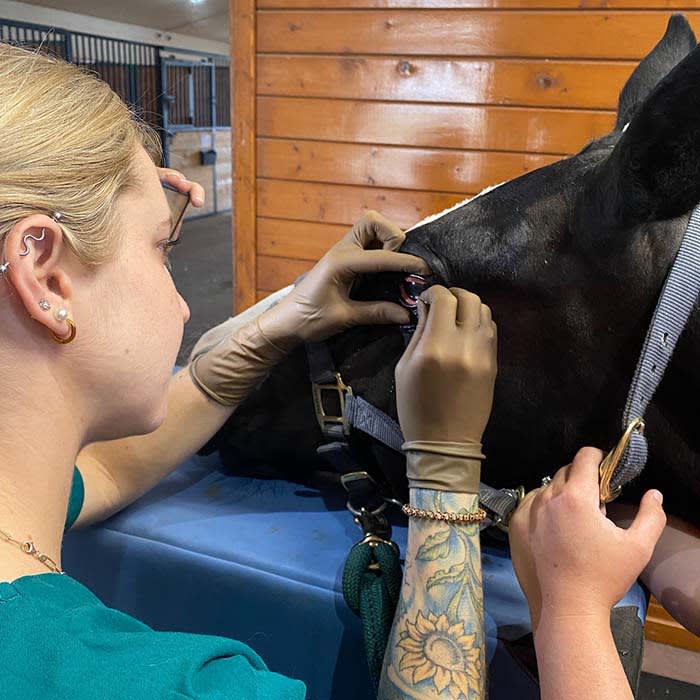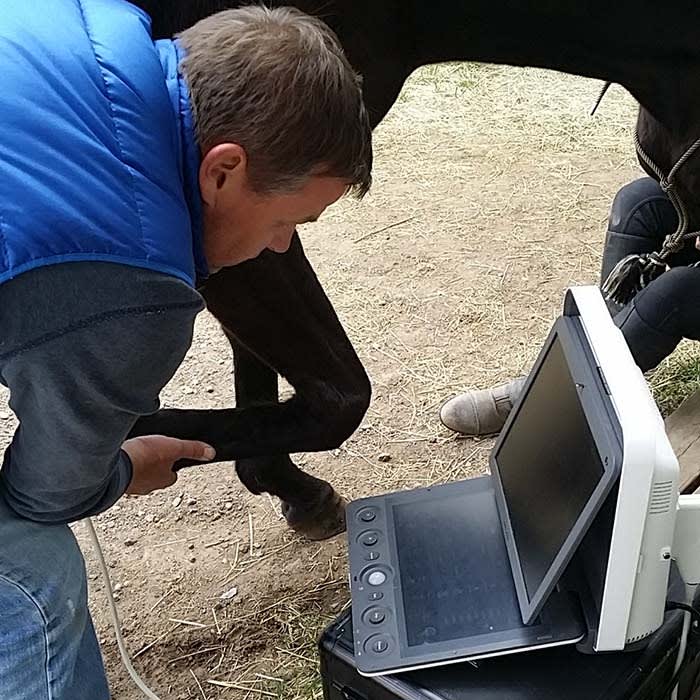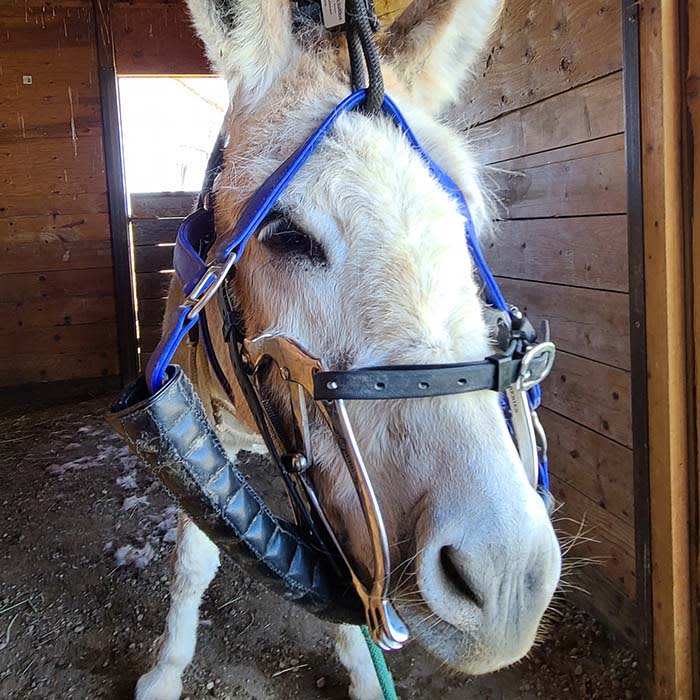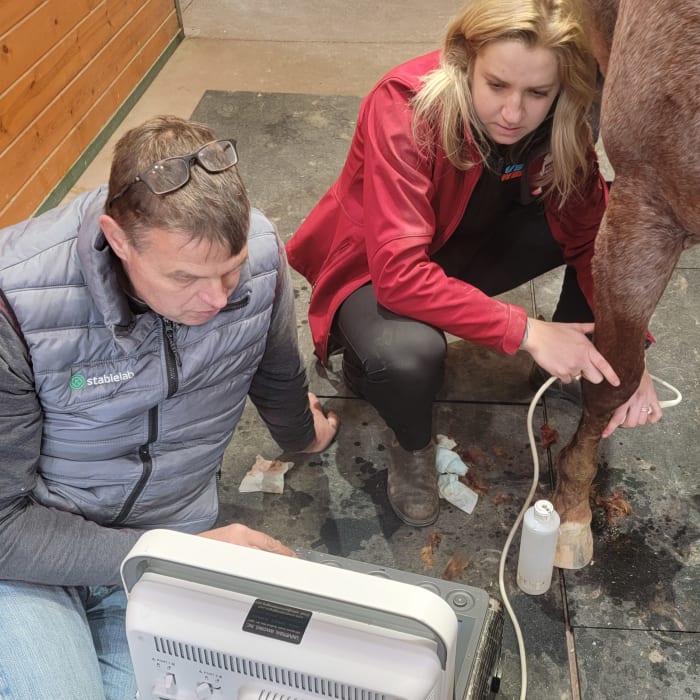Routine Equine Veterinary Care
Semi-annual visits help us to monitor your horse's overall wellness. More importantly, they give you an opportunity to visit with us in a non-stressful, non-emergency situation. These appointments can be as brief or in-depth as you desire. It is beneficial for us to see your horses when they are healthy and sound too.
When you see a horse every day, it becomes difficult to notice subtle weight gain or loss. Routine evaluation gives us the opportunity to monitor your horse's condition and discuss dietary recommendations.
Preventive health care also involves everything from annual physical examinations, vaccinations, and parasite control to dental exams and diagnostics. By maintaining a consistent preventive health care schedule involving each of these, you can help ensure your horse remains healthy and can perform at the level they are being asked to.
By prioritizing your horse's general health you can actually help prevent other serious conditions. Effective deworming and dental exams can actually help protect your horse from impactions and other complications that can cause them to colic.
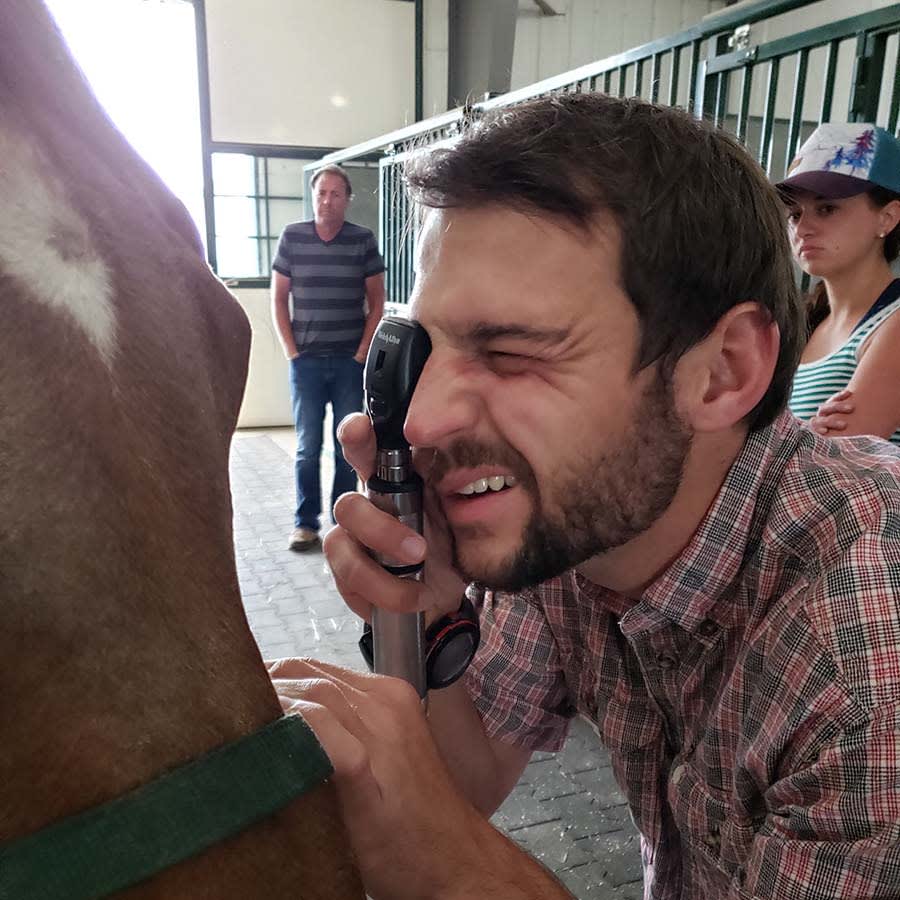
Coggins Testing For Equine Infectious Anemia
The Coggins test screens for EIA. A negative test within twelve months is required for interstate transport. We recommend annual testing for all horses to help prevent further spread of this disease.
Vaccination Schedule For Horses
In the spring, we recommend immunization for Eastern and Western Encephalitis, West Nile Virus, Tetanus, Influenza, and Rhinopneumonitis. In the fall, we booster Influenza and Rhinopneumonitis. We recommend annual vaccinations against Rabies.
Deworming for Horses
Practices vary depending on the environment and stocking density on your farm. In general, we advocate at least semi-annual anthelmintic treatment. Performing fecal egg counts is an ideal way to determine if intestinal parasites are a problem for your horses and help guide treatment protocols.
